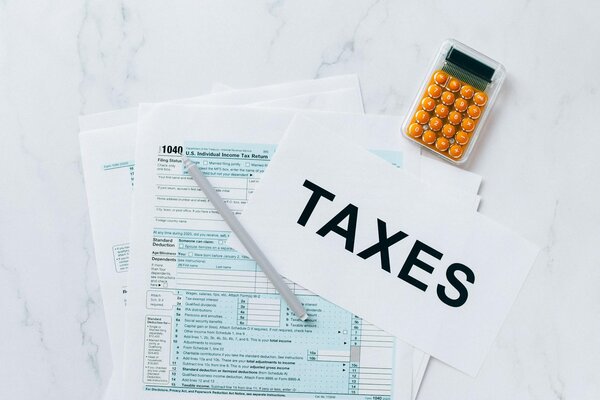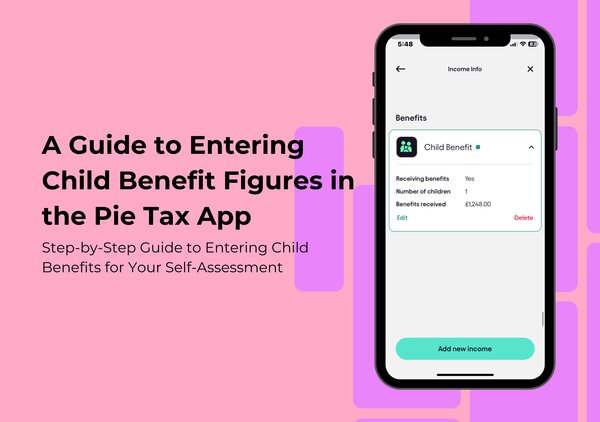
A recent High Court ruling in the United Kingdom has the potential to significantly impact the private hire vehicle (PHV) industry.
The decision suggests that self-employed taxi drivers may be required to charge 20% Value Added Tax (VAT) on all fares, a move that could lead to increased costs for passengers and operational challenges for drivers.
This development stems from legal interpretations of the contractual relationships between ride-hailing platforms, drivers, and passengers. As the industry grapples with the implications, stakeholders express concerns over the potential economic and social consequences.
Background of the Legal Decision
The High Court's ruling centers on the contractual dynamics within the PHV sector. Historically, self-employed drivers operated under the premise that they were independent contractors, thus not directly responsible for VAT on fares unless their earnings exceeded the VAT threshold.
However, the court's interpretation suggests that drivers, by accepting bookings through platforms, may be entering into direct contracts with passengers, thereby making them liable for VAT on the entire fare.
Implications for Self-Employed Drivers
Should this interpretation be enforced, self-employed drivers across England and Wales would need to adjust their pricing structures to include the 20% VAT.
This change could erode profit margins, especially for those operating in competitive markets or serving cost-sensitive customer bases. Additionally, the administrative burden of VAT registration and compliance could pose challenges for individual drivers.
Potential Impact on Passengers
For passengers, the introduction of VAT on taxi fares could result in noticeable price increases.
This is particularly concerning for individuals who rely on PHV services for essential travel, such as commuting to work, attending medical appointments, or accessing areas with limited public transportation options. Higher costs may deter usage, leading to decreased demand and potential service reductions.

Industry Response and Legal Challenges
The PHV industry has expressed significant concern over the ruling. Operators argue that the decision could disrupt the existing business models that have allowed for flexible and affordable transportation services. Some companies are exploring legal avenues to challenge the ruling, seeking clarity and potential exemptions to mitigate the impact on drivers and passengers alike.
Government Consultation and Future Outlook
In response to the ruling, the UK government has initiated consultations to assess the broader implications for the PHV sector. These discussions aim to balance the need for tax compliance with the economic realities faced by self-employed drivers and the communities they serve. The outcome of these consultations will be pivotal in determining the future regulatory landscape for PHVs in the UK.
Broader Economic and Social Considerations
Beyond the immediate financial implications, the ruling raises questions about the classification of gig economy workers and the responsibilities of digital platforms. As the nature of work evolves, legal frameworks must adapt to ensure fair treatment of workers while maintaining service accessibility for consumers. The PHV sector's experience may serve as a case study for other industries navigating similar challenges.


Fun Fact
The UK's VAT system, introduced in 1973, has undergone numerous changes to accommodate evolving economic activities.
The current standard rate of 20% applies to most goods and services, but certain sectors, like public transportation, benefit from exemptions or reduced rates. The debate over VAT in the PHV industry highlights the complexities of tax policy in the digital age.
Conclusion
The High Court's interpretation of contractual relationships in the PHV sector introduces significant uncertainties for self-employed drivers and passengers.
As the industry awaits further clarification through government consultations and potential legal challenges, stakeholders must prepare for possible operational and financial adjustments. The situation underscores the need for adaptable legal frameworks that consider the nuances of modern work arrangements and their implications for taxation and service accessibility.
Frequently Asked Questions
What does the High Court ruling entail for self-employed taxi drivers?
The ruling suggests that self-employed drivers may be considered as entering into direct contracts with passengers, making them liable to charge 20% VAT on all fares.
How might this affect passengers using PHV services?
Passengers could experience fare increases as drivers adjust prices to account for the added VAT, potentially making PHV services less affordable.
Are there any exemptions to the VAT requirement for drivers?
Currently, drivers earning below the VAT registration threshold may be exempt, but the ruling's interpretation could change this, necessitating further legal clarification.
What steps are being taken to address the ruling's implications?
The UK government has initiated consultations to assess the impact on the PHV sector and explore potential regulatory adjustments or exemptions.
Could this ruling influence other gig economy sectors?
Yes, the decision may set a precedent for how contractual relationships and tax liabilities are interpreted in other gig economy industries, prompting broader discussions on worker classification and taxation.











